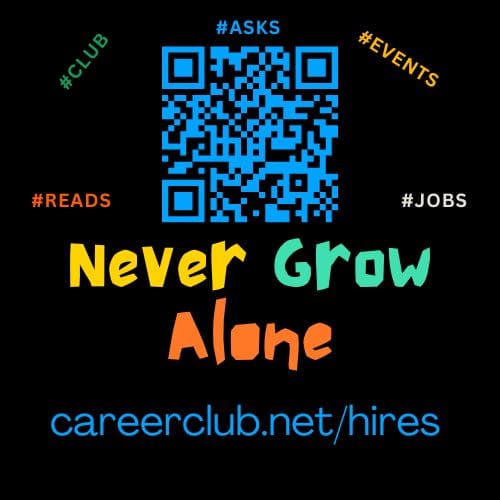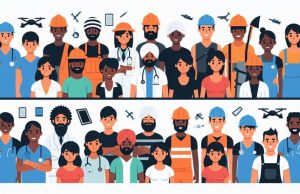<p>As we celebrate National Mentoring Month, it's an opportune moment to reflect on mentorship's transformative power, especially within the vibrant and diverse gig economy. The freelance community is at the forefront of a workforce revolution, where flexibility and autonomy are prized, but connection and growth can sometimes feel elusive. This blog explores how inclusivity in mentoring programs can nurture a growth mindset in gig workers, fostering a community where everyone has the opportunity to flourish.</p> <h2>A Patchwork of Potential</h2> <p>The gig economy is a mosaic of talents, skills, and experiences. From coders and designers to writers and consultants, freelancers bring a unique set of perspectives to the table. However, the very diversity that enriches the gig economy also presents challenges in creating cohesive support systems. Traditional mentorship models, often tailored to corporate structures, may fall short in addressing the unique needs of freelance professionals. Inclusivity in mentorship programs can bridge these gaps, providing a supportive framework that acknowledges and embraces the diverse nature of gig work.</p> <h2>Breaking Barriers</h2> <p>An inclusive mentorship program transcends the conventional boundaries of culture, language, gender, and experience. It actively dismantles barriers that can hinder access to guidance and peer support. By creating an environment where all voices are heard and valued, gig workers can engage in meaningful exchanges that enhance both personal and professional growth. Such an inclusive approach not only benefits mentees but also enriches mentors, who gain insights from diverse perspectives and experiences.</p> <h2>Fostering a Growth-Mindset</h2> <p>A growth mindset is the belief that abilities and intelligence can be developed through dedication and hard work. It's a foundational element for success, particularly in the gig economy, where adaptation and resilience are key. Inclusive mentorship fosters this mindset by providing freelancers with the tools and confidence to explore new territories, take calculated risks, and embrace failures as learning opportunities. When gig workers are encouraged to adopt a growth mindset, they can better navigate the fluid landscape of freelance work, continuously improving and evolving.</p> <h2>The Power of Peer Mentoring</h2> <p>Peer mentoring is an invaluable component of an inclusive mentorship ecosystem. It leverages the collective knowledge and experiences of the community, allowing for a reciprocal exchange of ideas and support. In the gig economy, peer mentoring can manifest in the form of mastermind groups, online forums, and collaborative projects. These platforms facilitate connection and camaraderie among freelancers, breaking the isolation barrier that gig workers often face. By sharing challenges and triumphs, peers lift each other up, catalyzing growth and innovation.</p> <h2>Creating a Culture of Inclusion</h2> <p>Inclusivity in mentorship does not happen by chance. It requires intentional efforts to build and sustain a culture of openness and acceptance. Freelancers and gig platforms alike can play a pivotal role in promoting inclusivity. Initiatives such as workshops on unconscious bias, diverse networking events, and accessible resources for underrepresented groups can create a more equitable and supportive environment. By championing these efforts, the gig economy can set a precedent for a future where mentorship is accessible to all, regardless of background or circumstance.</p> <h2>Conclusion</h2> <p>The gig economy embodies a spirit of independence and innovation, yet it thrives when individuals come together to learn and grow. Inclusive mentorship programs are a beacon of opportunity, offering a path for gig workers to develop their skills, expand their networks, and foster a growth mindset. As we celebrate National Mentoring Month, let's commit to building a community that champions inclusivity, nurturing a generation of freelancers who are empowered and inspired to reach their full potential.</p>










